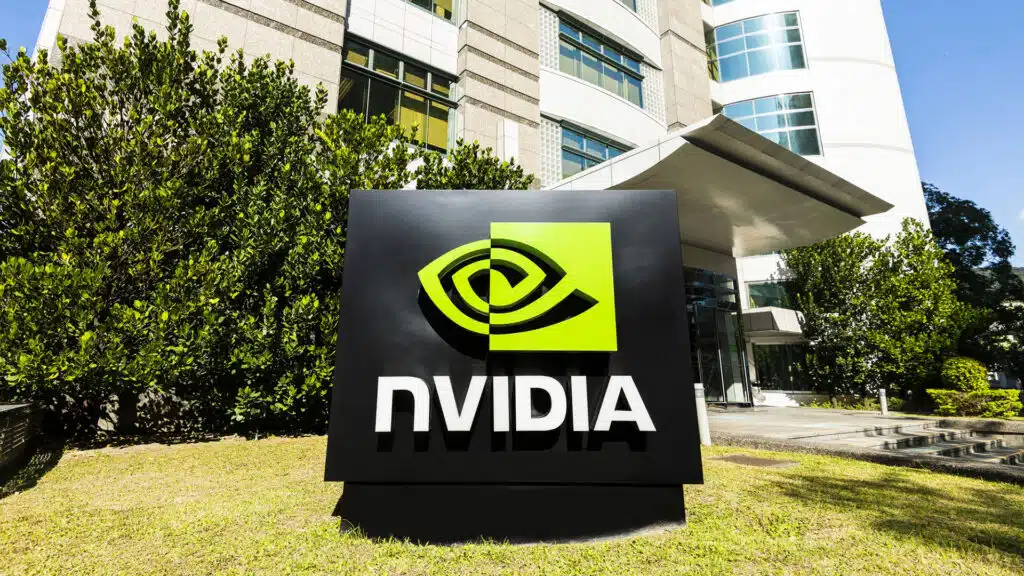The News: C3 AI announced in early September the launch of its C3 Generative AI Suite, which includes 28 new domain-specific generative AI offerings. These new offerings are focused on nine industries, nine business processes, and 10 enterprise systems. Initially released in March 2023, C3 Generative AI has been used in projects at Georgia-Pacific, Flint Hills Resources, Nucor, Pantaleon, Con Edison, the US Missile Defense Agency, and a US intelligence agency.
According to C3 AI, all the company’s generative AI solutions within Generative AI Suite can operate on the cloud platform of the customer’s choice, including Google Cloud, AWS, and Azure. Large language model (LLM) support is immediately available for Falcon 40B, Llama 2, Flan-T5, Azure GPT-3.5, AWS Bedrock Claude 2, Google PaLM 2, OpenAI GPT-3.5, and MPT-7B. Additional support will be announced for leading LLMs over time as the market evolves and matures.
You can read a Press Release containing details of the announcement at the C3 website.
C3 AI Launches C3 Generative AI Suite
Analyst Take: C3 AI announced the launch of a comprehensive set of domain-specific generative AI offerings that combine the power of LLMs with the company’s C3 AI Platform, which provides a single workspace for the development, testing, and deployment of AI models. C3 Generative AI Suite is designed to address the security and veracity problems common to LLMs that have not been specifically trained or grounded to function with a specific industry, business process, or enterprise system.
According to C3, the specific C3 Generative AI Suite solutions that are now available include:
C3 Generative AI for Industries
- C3 Generative AI for Aerospace
- C3 Generative AI for Defense
- C3 Generative AI for Financial Services
- C3 Generative AI for Healthcare
- C3 Generative AI for Intelligence
- C3 Generative AI for Manufacturing
- C3 Generative AI for Oil and Gas
- C3 Generative AI for Telecommunications
- C3 Generative AI for Utilities
C3 Generative AI for Business Processes
- C3 Generative AI for Customer Service
- C3 Generative AI for Energy Management
- C3 Generative AI for ESG
- C3 Generative AI for Finance
- C3 Generative AI for Human Resources
- C3 Generative AI for Process Optimization
- C3 Generative AI for Reliability
- C3 Generative AI for Sales
- C3 Generative AI for Supply Chain
C3 Generative AI for Enterprise Systems
- C3 Generative AI for Databricks
- C3 Generative AI for Microsoft Dynamics 365
- C3 Generative AI for Oracle ERP
- C3 Generative AI for Oracle NetSuite
- C3 Generative AI for Palantir
- C3 Generative AI for Salesforce
- C3 Generative AI for SAP
- C3 Generative AI for ServiceNow
- C3 Generative AI for Snowflake
- C3 Generative AI for Workday
Preventing Hallucination and Providing Grounded Truths
Generative AI models can sometimes generate hallucinations or unrealistic outputs because they are designed to learn patterns and generate outputs that resemble the data on which they were trained. Thus, if the training data is noisy, contains mistakes, or does not contain domain-specific information, the generative model likely will not accurately or reliably function at a level sufficient for enterprise use.
C3’s domain-specific models are tuned to capture and model the specific entities contained in structured and unstructured data sources, as well as their relationships within each vertical industry or functional domain. This functionality is accomplished by using a proprietary, metadata-based, model-driven architecture that is an abstract representation of a specific entity, such as a piece of equipment, along with the relevant data types, data interconnections, and processes.
To ensure that the answers generated are deterministic and are traceable to the source material, C3 AI recommends using retrieval-augmented generation, a framework for retrieving facts from an external knowledge base that ensures that the model has access to the most current information.
Further, C3 AI notes that LLM reasoning is limited to enterprise-owned and enterprise-licensed data, thereby mitigating the unbounded risk of IP liability associated with most LLM solutions that access third-party or internet data. This approach will help reassure enterprise customers and users that the technology is being deployed responsibly and that outputs can be trusted.
Data Security and Pricing Strategy Indicate a Clear Focus on Enterprise Customers
According to C3 AI, LLM that the platform uses is firewalled from the data, minimizing the risk of LLM-caused data leakage and dramatically reducing the risk of LLM-caused cyberattack vectors. The C3 AI platform upon which the domain-specific models are built permits the enforcement of all enterprise access and cybersecurity controls, authentication, and data encryption controls.
C3 says each of its C3 Generative AI solutions can be ordered from C3 AI or from the AWS Marketplace, the GCP Marketplace, and the Azure Marketplace, and C3 AI will support the customer to bring its generative AI application into production within 12 weeks, at a cost of $250,000. After the application has gone into production, the customer pays on a per virtual central processing unit (vCPU)/virtual graphics processing unit (vGPU) hour basis, with volume discounts available.
C3 AI’s Bold Launch Demonstrates It Is All In With AI
C3 is taking a bold yet interesting approach to generative AI. The C3 Generative AI Suite is a comprehensive offering, covering a wide range of industries, processes, and enterprise software providers. Essentially, the vendor is acknowledging that getting enterprise-grade performance from generative AI at this point portends training models on very specific datasets and entities, and that for many enterprises, simply using an open source LLM will not meet their performance needs nor their data security and privacy concerns.
C3 AI’s concurrent Generative AI Suite customer announcements demonstrate the success of the approach. For example, Georgia-Pacific uses C3 AI’s generative engine to allow machine operators to quickly retrieve information residing in lengthy operating manuals and retrieve sensor data through a search and chat interface to reduce diagnosis and repair times. Meanwhile, the US Missile Defense Agency uses it to analyze, summarize, and compare flight test data so that analysts can quickly see differences between multiple flight tests without needing to manually pull up and review hundreds of data elements for each flight test.
On balance, the Generative AI Suite announcement is certainly a win for C3 AI, and it may serve as a blueprint for other vendors seeking to demonstrate how generative AI can be deployed within the enterprise, where the gee-whiz factor of the technology is no longer enough to capture or hold the attention of the CIO, CISO, or data team.
Disclosure: The Futurum Group is a research and advisory firm that engages or has engaged in research, analysis, and advisory services with many technology companies, including those mentioned in this article. The author does not hold any equity positions with any company mentioned in this article.
Analysis and opinions expressed herein are specific to the analyst individually and data and other information that might have been provided for validation, not those of The Futurum Group as a whole.
Other Insights from The Futurum Group:
C3 AI Revenue for Q2 FY23 Hits $62.4M, Up 7% from $58.3M YoY
Top Trends in AI This Week: August 25, 2023
Author Information
Keith Kirkpatrick is VP & Research Director, Enterprise Software & Digital Workflows for The Futurum Group. Keith has over 25 years of experience in research, marketing, and consulting-based fields.
He has authored in-depth reports and market forecast studies covering artificial intelligence, biometrics, data analytics, robotics, high performance computing, and quantum computing, with a specific focus on the use of these technologies within large enterprise organizations and SMBs. He has also established strong working relationships with the international technology vendor community and is a frequent speaker at industry conferences and events.
In his career as a financial and technology journalist he has written for national and trade publications, including BusinessWeek, CNBC.com, Investment Dealers’ Digest, The Red Herring, The Communications of the ACM, and Mobile Computing & Communications, among others.
He is a member of the Association of Independent Information Professionals (AIIP).
Keith holds dual Bachelor of Arts degrees in Magazine Journalism and Sociology from Syracuse University.







